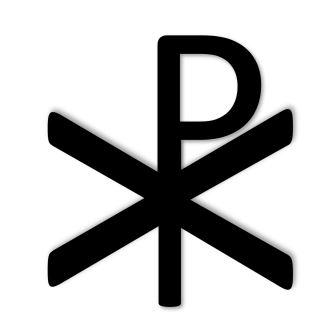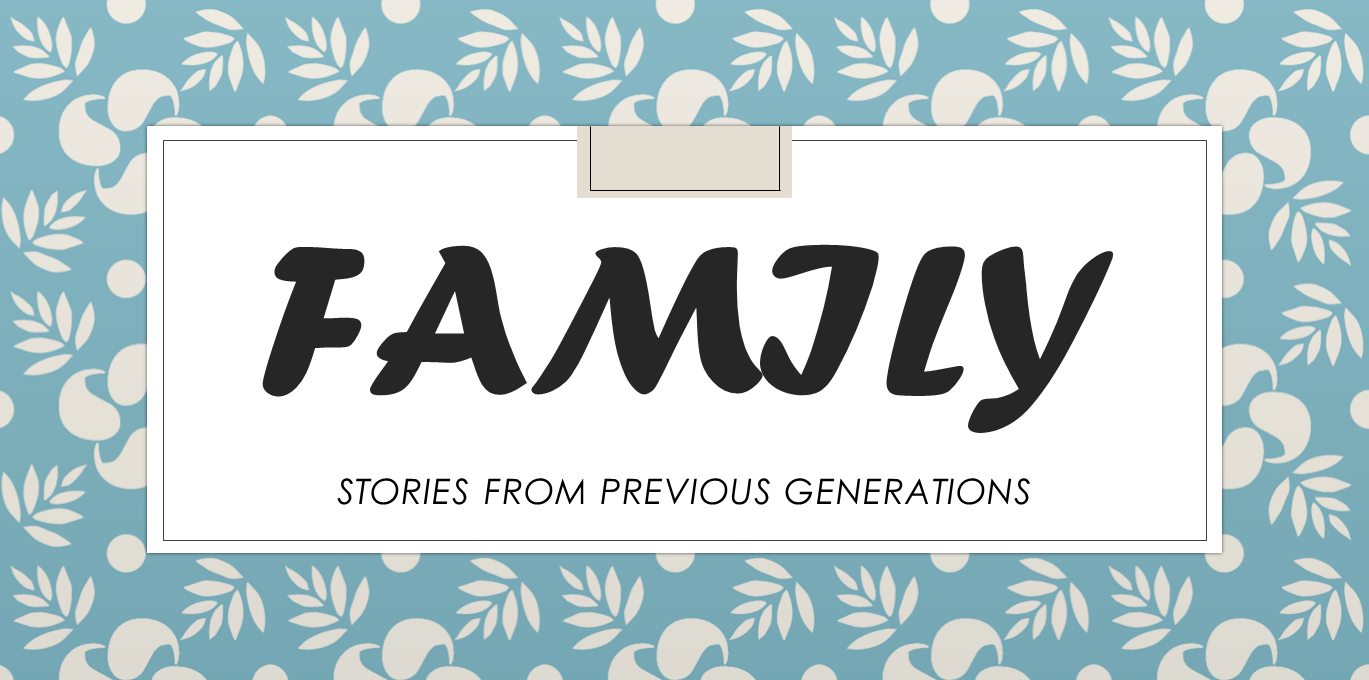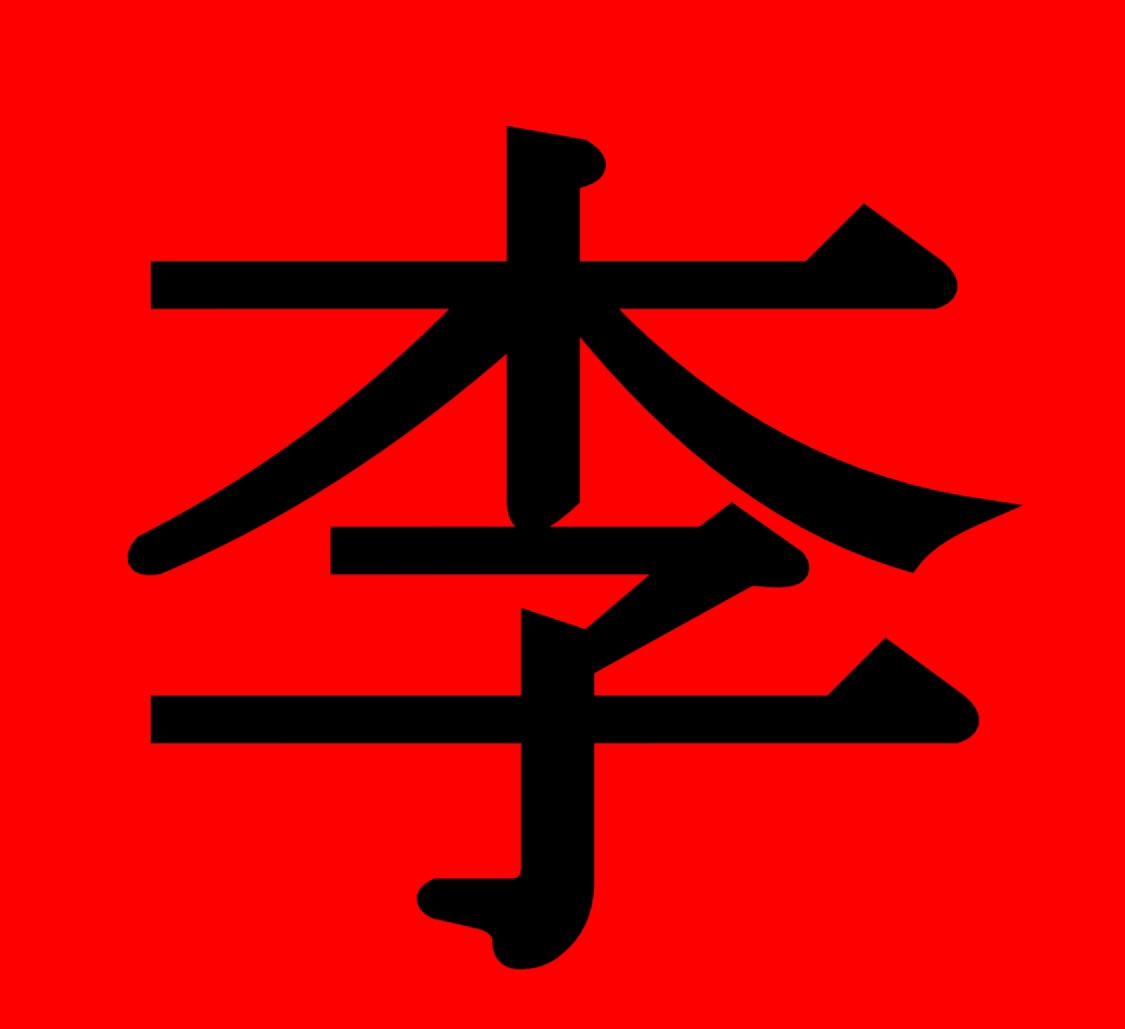
In migrating content from an original website creation from the early 2000s, this article aims to unite all information I have amassed on my family name, or surname “Lee”, spanning both the Chinese origins as well as the independent English origins.Introduction: Names, Culture & Language
Before we explore any story origins behind a name, a quick introduction to the general concept. Names identify individuals. Cultures around the world have practiced and developed independently, and with good cause – the physical distance enabled different population centres to develop over time and it is only in the modern era that global community and means of communication have shrunk the world down, such that inter-cultural and information sharing has become second nature to us nowadays.
The Chinese and English names Lee have very different backgrounds and origins. In aiming to document both here, we need to first provide an explanation on how languages and translation have influenced the way we understand names. The most obvious difference is in the scripts and characters used. Whilst English as a spoken and written language has largely become universal, when someone says their name in Chinese, the pure origin of it is a Chinese character, Intonation is a key pillar underpinning the Chinese language which often gets lost in translation. The emphasis on certain syllables results in different Chinese characters although the Anglicisation may result in the same alphabet/Latin characters. This is the simplest reason behind why Lee, Li and Lei can all be the same name.
Case in point, I know of families who are descendants of individuals who migrated from the East/Asia to the West and as part of the incoming immigration process, the completion of paperwork by customs officials results in different Anglicisations and spellings. You can probably recognise some of these individuals around today – Lowe instead of Low. Today the chances of mistranslation and misspelling are a lot less, but back in the 1900s or even earlier, a huge reliance on the customs officers who handled the processing of migrants helped to create the diversity of spelling we now see in Western societies. To further complicate matters, in Chinese culture, names give primacy to the surname/family name and then the individual. This differentiation has also created interesting effects historically – where unaware individuals have completed paperwork for migrants and resulted in an inaccurate transposition of names. Nowadays, with a global media and more informed society, these cross-cultural understandings should help to reduce the occurrence of such transliteration issues.
Chinese Culture of Names
In the Han Chinese culture, an individual’s name is a powerful identifier. Originally, during the fifth century BC, surnames were limited to the ruling families and aristocrats. some 200 years later, when China was unified by Huang Qin Shi surnames gradually spread to the lower classes and the previous class distinction became blurred. The origins of most Chinese surnames can be traced back to an original set of 18 or 24, depending on your source. The following is a simplification of the different sources of surnames:
- Royal family (There were originally 8 but only two survive to today)
- By royal decree of the Emperor, a bestowal of honour
- State name, as a form of loyalty to the state
- Name of a land allotment/place of origin, quite rare in today’s modern society
- Name of an ancestor
- Seniority title within family
- Occupations, such as official high positions, titles of nobility, or even the more lowly jobs
To complicate matters, the Chinese also changed their surnames throughout history for a number of other reasons. The second reason above also has an inverse effect where the respect and honour of an Emperor was also considered so sacred and exclusive that people also changed their name to intentionally avoid the naming conflict. The name of an Emperor became considered sacred once they ascended the throne, and often the Emperor himself would adopt a formal name, separate from his personal name which would have been used as his identity prior to ascending to the role. This practice also
Others however may avoid using the name of a ruler, for example Shi (師) was changed to Shuai (帥) to avoid conflict with the name of Sima Shi. Others may modify their name in order to escape from their enemies at times of turmoil, for example Duanmu (端木) to Mu (木 and 沐), and Gong (共) to Gong (龔). The name may also be changed by simplification of the writing (e.g. Mu (幕) to Mo (莫)), or reducing from double or multiple character names to single character names (e.g. Duangan (段干) to Duan (段)). It may also have occurred through error, or changed due to a dissatisfaction with the name (e.g. 哀 meaning sorrow to 衷 meaning heartfelt feeling).
Chinese Origins
The Chinese character above, comprises two elements, the top meaning tree and the bottom meaning child. The legend behind this character is that one Li ancestor was a great leader in the Northern region of China. The story follows that the family fled assassins and that all members were killed except one young son. This son was said to have survived by hiding beneath a plum tree. In this sense, the character for Li that he thereafter adopted represents a child hiding beneath a tree.
The Anglicised spelling is Lee, mainly used by overseas Chinesewhereas the traditional spelling Li is retained by mainland Chinese.
English Origins
Whilst there are many meanings to the name, the most common is derived Old English lēah, meaning a meadow or forest clearing. The evolution of the name and spelling has meant that there are a few modern name derivatives and spellings:
- Lee
- Leah
- Lea
- Leigh
Other Cultures
Lee as a surname figures quite prominently in the Korean culture and also pops up in Irish and Norwegian society, with their own roots and backstory.
Collectively, since the anglicized Lee has so many cultural roots, there are millions of us Lees roaming the globe. With the advent of accessible transportation over the last 200 years, the intermingling of cultures and distances travelled by the human population in general, Lee invariably has spread all over the globe. In societies like Australia, Canada and the US there are no doubt cross-cultural marriages that have helped to bring together and unite the multicultural roots of those bearing the family name Lee!



You must be logged in to post a comment.